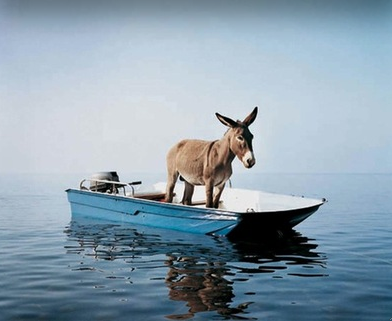the universe is one being
In order to learn forgiveness
man must learn tolerance first. And there
are people whom man cannot forgive. It is not that he
must not forgive, but it is difficult, beyond his power to forgive,
and in that case the first thing he can do is to forget. The first step
towards forgiveness is to forget. It is true that the finer the
man is the more he is subject to be hurt by the smallest
disturbance that can produce irritation and
inharmony in the atmosphere.
A person who gives
and takes hurts is capable of living
an easy and comfortable life in the world.
Life is difficult for the fine person, for he cannot
give back what he receives in the way of hurt, and he can
feel it more than the average person. Many seek protection from
all hurting influences by building some wall around themselves. But
the canopy over the earth is so high that a wall cannot be built high
enough, and the only thing one can do is to live in the midst of
all inharmonious influences, to strengthen his will power
and to bear all things, yet keeping the fineness of
character and a nobleness of manner together
with an ever-living heart.
To become cold
with the coldness of the world
is weakness, and to become broken
by the hardness of the world is feebleness,
but to live in the world and yet to keep above the world
is like walking on the water. There are two essential duties
for the man of wisdom and love; that is to keep the love
in our nature ever increasing and expanding and to
strengthen the will so that the heart may not be
easily broken. Balance is ideal in life;
man must be fine and yet strong,
man must be loving and
yet powerful.
Hazrat Inayat Khan
the training of the ego



